Armenia’s Opposition Finds Its Voice Amid Trials, Arrests, and Artsakh’s Shadow
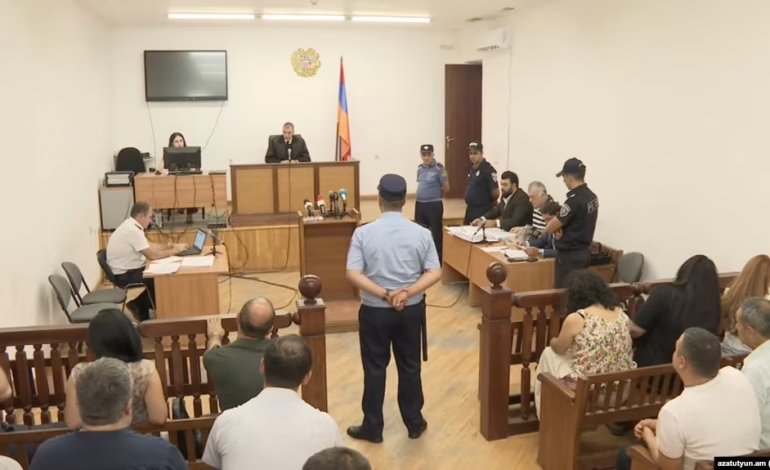
Armenia’s political opposition is in the spotlight again — but not because of an election or a flashy rally. Instead, it’s the courtroom drama around Ruben Hakobian, a veteran politician and thorn in Prime Minister Nikol Pashinian’s side, that’s making waves.
Hakobian, 69, walked out of detention this week after a month behind bars. His crime? In the government’s eyes, allegedly calling for a violent overthrow of Pashinian’s administration during a fiery July 1 interview with a pro-opposition TV channel. In that broadcast, Hakobian lashed out at what he called Pashinian’s systematic violations of Armenia’s constitution and laws. He went further, arguing that Armenians had the right to revolt.
That, prosecutors say, crossed the line. Hakobian says the case is pure politics. His lawyers demanded the charges be thrown out, but the judge refused — though he did allow the veteran politician to fight his case outside prison walls.
Hakobian isn’t alone. He joins a growing list of prominent opposition figures facing the justice system. In June, billionaire Samvel Karapetian — who has deep ties to Armenia’s business world — was arrested just hours after publicly denouncing Pashinian’s push to weaken the Armenian Apostolic Church leadership, which has been vocal against concessions to Azerbaijan. Days later, Archbishop Mikael Ajapahian was also detained on similar charges. Both insist the accusations are a political hit job.
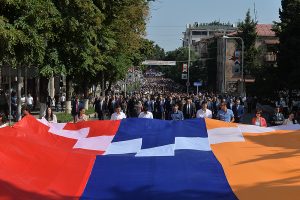
Karapetian, unfazed, doubled down, pushing ahead with plans to launch a new opposition group that could take on Pashinian’s ruling party in the 2026 elections. Authorities slapped him with even more charges soon after. To many observers, the timing wasn’t just suspicious — it was a flashing neon sign of a government trying to neutralize its rivals.
And then there’s Artsakh. The symbolic heart of the Armenian opposition is once again becoming its rallying point. On September 2 — the anniversary of Nagorno-Karabakh’s 1991 declaration of independence — opposition parties are planning a joint rally in Yerevan with Artsakh’s political leadership. It’s more than just an anniversary march. It’s a direct response to Pashinian, who has openly said he “handed over Artsakh” in order to secure peace for Armenia. His blunt stance — “if you don’t like it, make a revolution” — has only fueled anger among critics.
By holding the rally on Artsakh’s independence day, opposition leaders aim to prove they’re not letting go of the issue, no matter how much Pashinian wants to close that chapter. It’s also about optics: presenting a united front on national causes to counterbalance the government and position themselves as the guardians of Armenia’s identity and sovereignty.
But here’s the deeper tension. Armenia’s opposition, fragmented and bruised since the 2020 war, is trying to figure out whether it can reinvent itself as a credible alternative. The arrests of Hakobian, Karapetian, and Ajapahian paint a picture of a government clamping down on dissent, but they also risk turning these men into martyrs for a cause that still resonates with much of the Armenian public: the loss of Artsakh and the fear of more concessions to come.
September’s rally will be a key test. Can Armenia’s opposition show unity beyond rhetoric? Can it capitalize on public disillusionment without alienating those exhausted by years of instability? Or will these arrests and trials remain cautionary tales of an opposition still struggling to define itself in the Pashinian era?
One thing is certain: the fight over Armenia’s political future is no longer confined to parliament or the press. It’s being waged in the courts, the streets, and in the collective memory of Artsakh. And that makes it far more combustible.
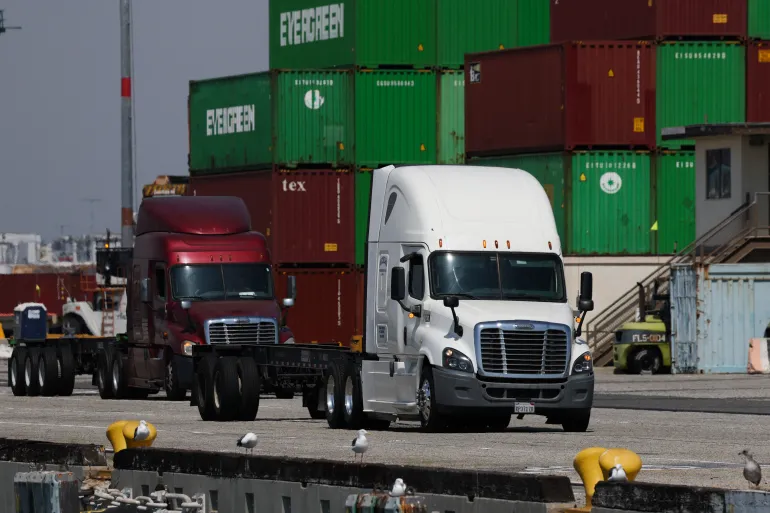
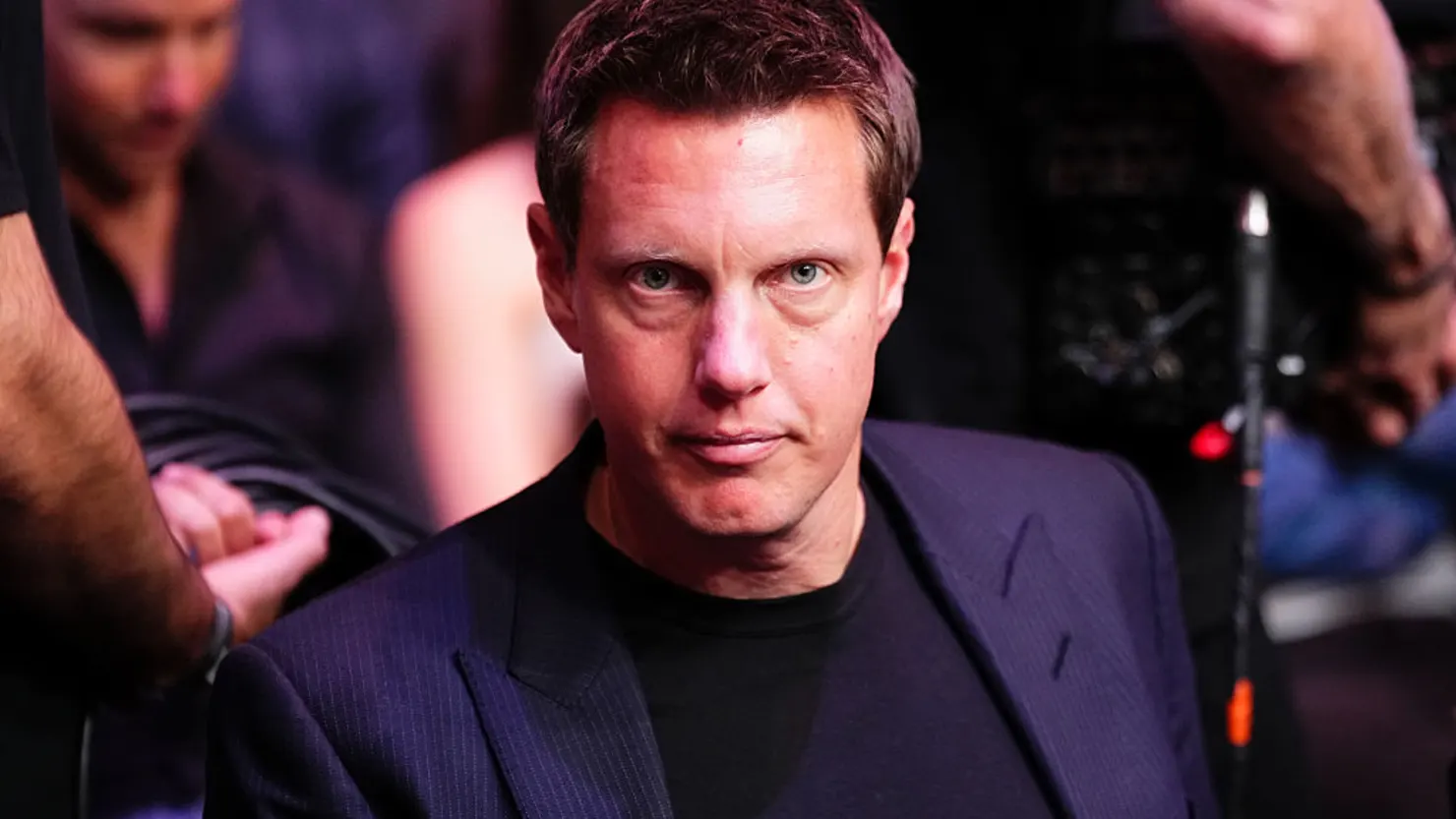
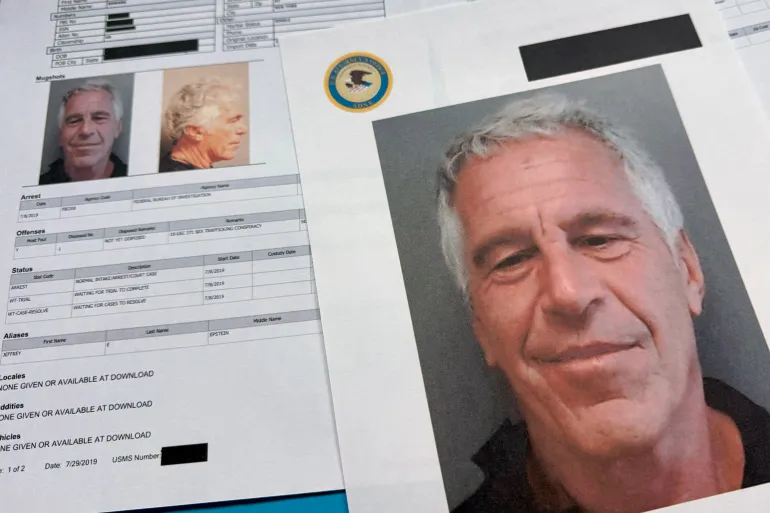
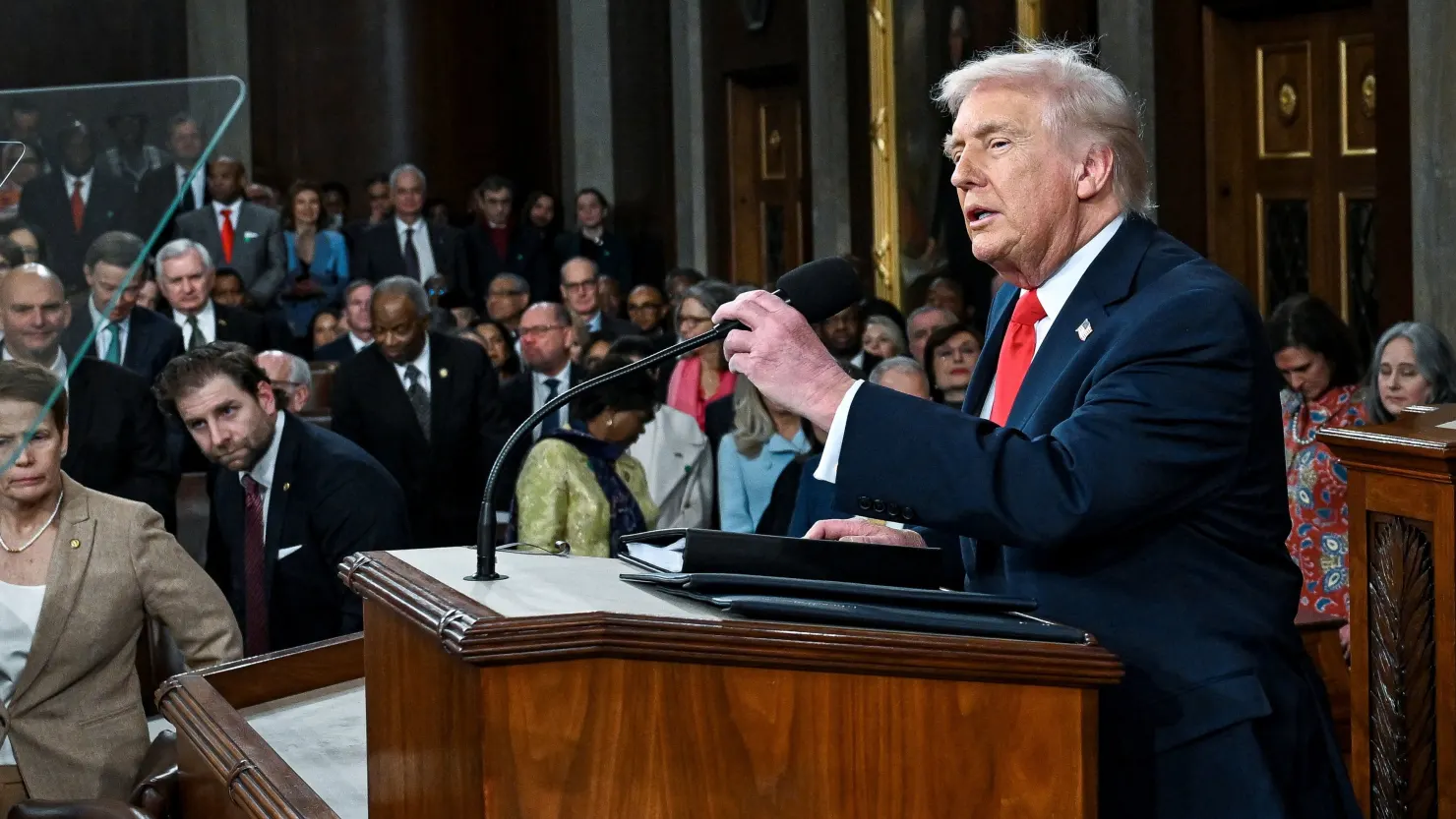
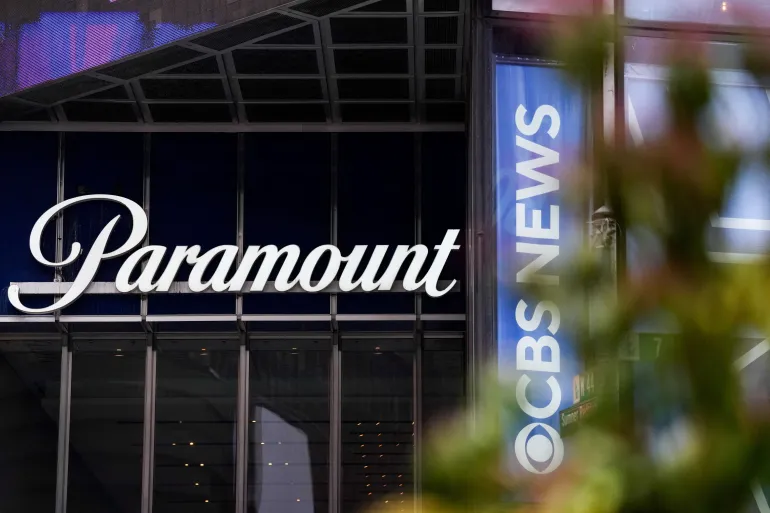




The latest news in your social feeds
Subscribe to our social media platforms to stay tuned